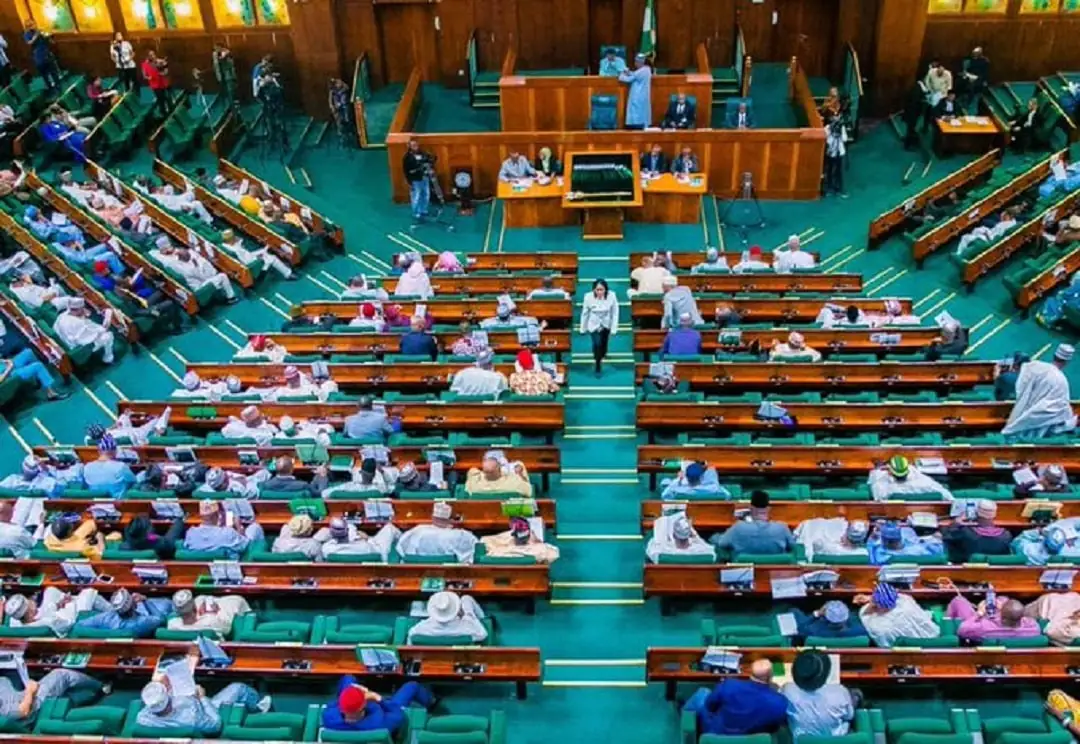By Kehinde Akintola
The House of Representatives, during plenary on Wednesday, passed through second reading a bill seeking to establish the South East Institute for Vocational and Entrepreneurial Studies in Umuobom, Ideato Federal Constituency of Imo State.
The proposed legislation, titled: Bill for an Act to Establish the South East Institute for Vocational and Entrepreneurial Studies, Umuobom, Imo State, to Harness the Innovative Talents, Entrepreneurship Spirit, Develop the Vocational Skills Relevant to Business Creation and Technological Problem-Solving, Prevalent in the South East Region of Nigeria, was sponsored by the lawmaker representing Ideato, Hon. Ikenga Ugochinyere.
Leading the debate on its general principles, Hon. Ugochinyere noted that the bill seeks to establish a federal vocational and entrepreneurial institute in the South East region to harness and institutionalise innovation, entrepreneurship, and technical skills, and to provide training that reduces youth unemployment and insecurity through job creation.
He also noted that the bill aims to align vocational education with 21st-century business, innovation, and technology needs.
The lawmaker said Nigeria faces a pressing challenge of youth unemployment, regional economic disparity, and growing insecurity linked to joblessness. He observed that the South East region is renowned for its deep-rooted entrepreneurial spirit and culture of innovation, but that these talents often lack formal incubation or technical refinement.
He expressed optimism that creating a specialised federal institute focused on vocational training and entrepreneurship development would address both economic empowerment and national security in one strategic move.
Ugochinyere said, “This institute will provide a foundation for sustainable development, skill transfer, enterprise incubation, and youth productivity in the South East and beyond. Clause 1 establishes the Institute as a corporate entity under federal law, supervised by the Federal Ministry of Education through the National Commission for Colleges of Education.
“Clauses 2–4 provide for the establishment of a Governing Council, its composition, tenure, and periodic visitation to ensure oversight and evaluation.
“Clauses 5–7 outline the functions and powers of the Institute and its Governing Council. These include organising full/part-time vocational and innovation-focused programmes, issuing certificates and diplomas, conducting research, organising seminars, and collaborating with local and international partners.
“Clauses 8–12 detail the appointment and duties of principal officers—the Rector, Deputy Rector, Registrar, Bursar, and Librarian—along with staff regulations and pension entitlements. Clauses 13–15 provide frameworks for disciplinary actions concerning both staff and students to ensure accountability.
“Clause 16 establishes an Academic Board to oversee academic regulations, awards, and internal quality assurance. Clauses 17–21 address the financial management of the Institute, including federal funding (especially for the first 10 years), donations, audited accounts, and annual reporting.”
He added that the establishment of this institute is not only constitutional but also a practical response to Nigeria’s triple dilemma of unemployment, insecurity, and regional underdevelopment.
Thereafter, the bill was put to a voice vote by Speaker Abbas Tajudeen, who presided over the session. It was passed and referred to the Committee on Alternative Education and the South East Development Commission for further legislative action.
ALSO READ TOP STORIES FROM NIGERIAN TRIBUNE
